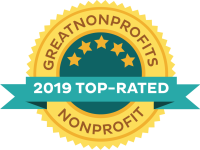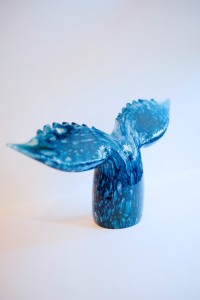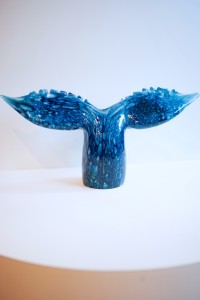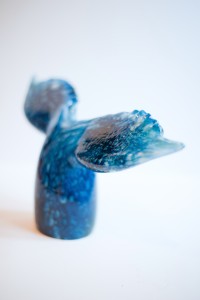Updates from the Field-World Vets Responders in Action
Over the years, World Vets has built a worldwide network of veterinary professionals with nearly every skillset within the profession. Our highly qualified and dedicated force of over 3000 veterinary volunteers is called to lend their skills and leadership to help animals in some of the direst situations. Whether it be a natural disaster or an impoverished country where there is a lack of veterinary services. We leverage these established relationships when disaster strikes, which enables our teams to efficiently assess urgent needs and get boots on the ground quickly.
As a WV Disaster Relief Veterinarian, Dr. Ben Brown, who has worked with our organization for many years, has been up close and personal with distressing and overwhelming situations before. In 2015, he provided service as part of the Disaster Response team for the 2015 earthquake in Nepal. But having recently been called upon to respond to the devastating bush fires within his own country, this deployment has a personal resonance that is unavoidable. Although Australia is no stranger to bush fires, drought conditions and rising global temperatures have created tinderbox conditions resulting in bushfires reaching historically epic proportions with catastrophic results. An estimated half billion animals have died, some of which are endangered species now facing extinction. Some 11.3 million acres have been decimated. The Australian ecosystem is home to hundreds of unique species of animals many of which were already under significant threat before this disaster. It is estimated a third of the koala population has been destroyed. Dr. Brown runs veterinary hospitals in Sydney. He volunteers time with World Vets on a regular basis and knows first hand the positive impact veterinarians can have through disaster response. ‘As veterinarians, our skills are so important in addressing the needs of animals impacted by natural disasters. Through careful liaison with private and Government Vets it is possible to have a meaningful positive impact for animals in these crises. Personally, I’m overwhelmed at the loss of life, both animal and human, I feel we all have a personal duty to do what we can to help.’
Within the first 48 hours, the World Vets team including Dr Ben, Dr.Simon Ibbotson and Veterinary Nurse, Sami Petzer established contact with local and government vets, acquired an arsenal of the most needed medical supplies, and began assisting in the field. Driving through smoke and miles of evidence of the burn, they reached the region of Bega and Cobargo. Assistance from the team was welcomed with enthusiasm from local veterinarians, many who are solo rural practitioners who have been overwhelmed responding to injured animals. Dr. Ben explained that there are several different categories of need, and the team is responding accordingly.
The large scale of the disaster has made communication and coordination a challenge. The team began their assessments at an evacuation center set up for families that were forced to leave their homes, many of which have been lost to the blazes. Included in that family are cats and dogs that also fled the rapidly moving fires. This evacuation was stressful for a lot of pets who are now in a foreign environment. Health and welfare assessments were carried out by the team. Evacuation centers have also been a primary hub for injured wildlife. The team has assisted in assessment, treatment and referral to dedicated wildlife centers within the region.
The most effective assistance has been through collaboration with local government veterinarians, the RSPCA, and wildlife centers. This has included direct veterinary assessment, treatment, and donations of food and medical supplies to where it is most needed. “We are seeing a lot of onset of symptoms of smoke inhalation and evidence of burns in cats, dogs, horses, cattle and the native wildlife, including a Wallaby which was treated for severe burns on the feet.”
Each day provides new information and leads on areas where animals require immediate assistance. The team will continue to respond to these needs and to collaborate with wildlife centers, temporary shelters for domestic animals, and assistance with the RSPCA. World Vets, working direct in collaboration with Sydney Animal Hospitals Northern Beaches, will continue to provide veterinary services, medical supplies and expertise as this disaster continues to unfold.
Unfortunately, an end is not in sight as normal seasonal increases in temperature, and developing storms related to the fires, could perpetuate the situation. We wish Dr. Brown and the team success and safety above all. The World Vets family will be thinking of you and applaud your bravery as you enter the affected region. As we keep in communication with the team throughout the deployment, we will provide updates as information comes in. We are grateful to all of our supporters who have donated to this effort and who are making this work possible. Your support is critical and we couldn’t do it without you.

PHOTOS FROM THE FIELD
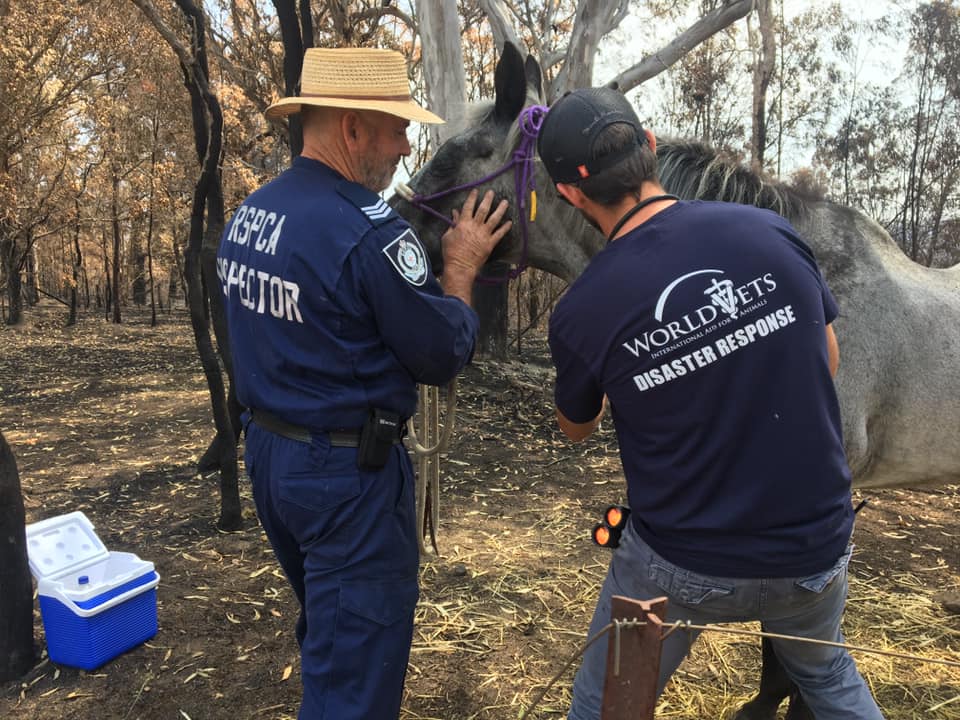





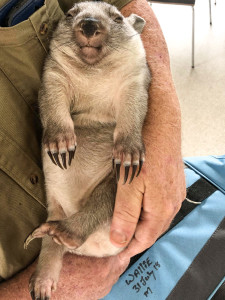
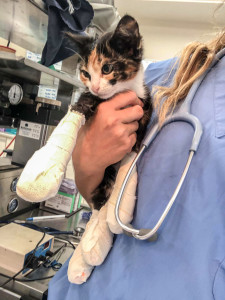
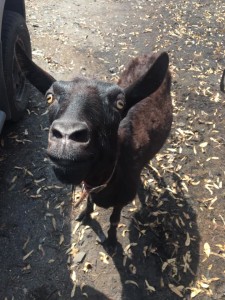
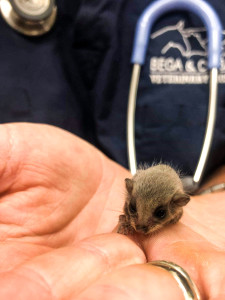
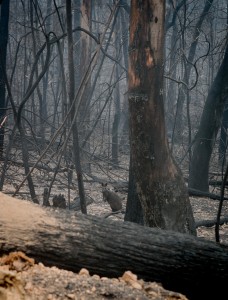
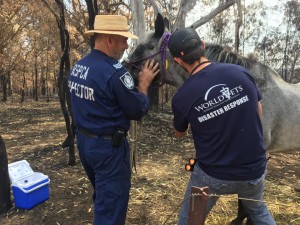
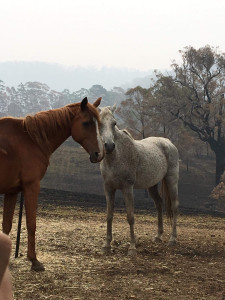
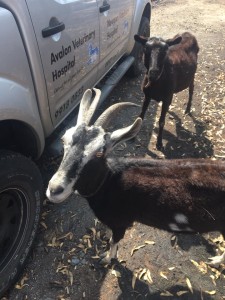
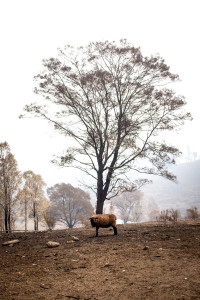
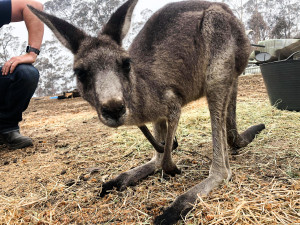
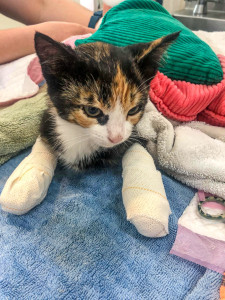
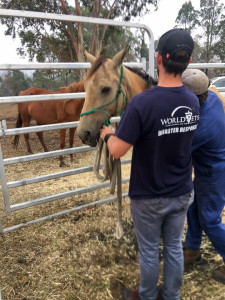
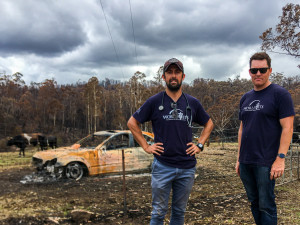
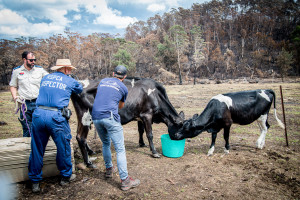
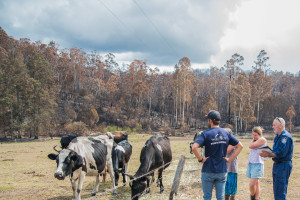
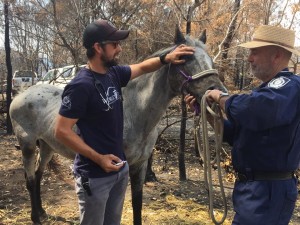
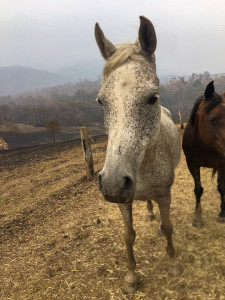
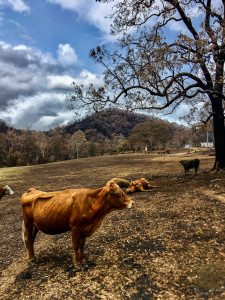
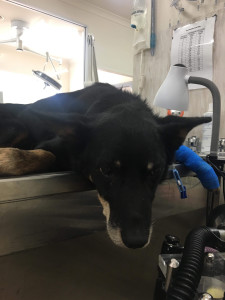
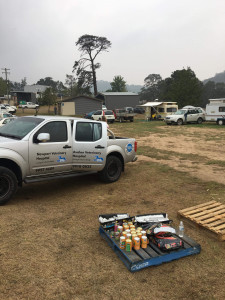
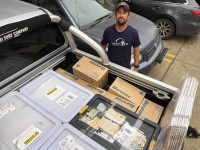
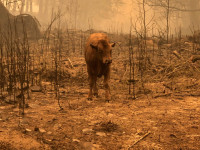
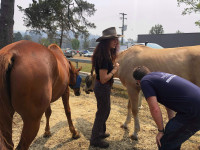
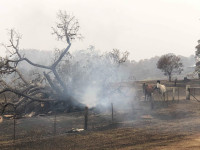
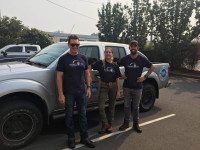
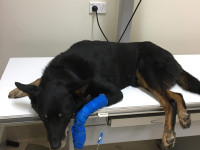
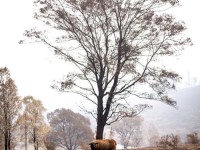
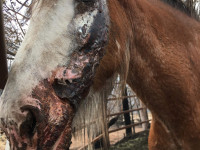
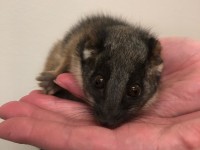
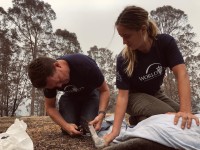
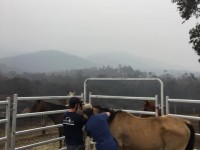
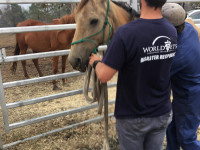
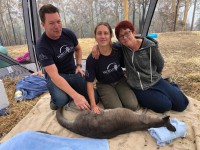
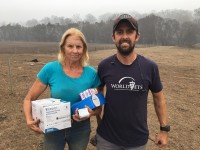
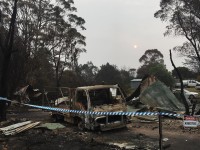
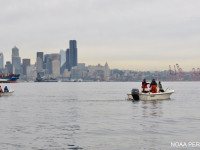
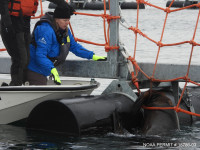
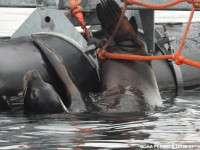
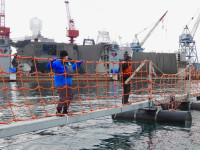
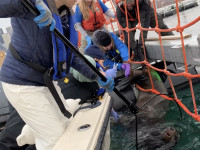
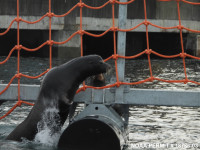
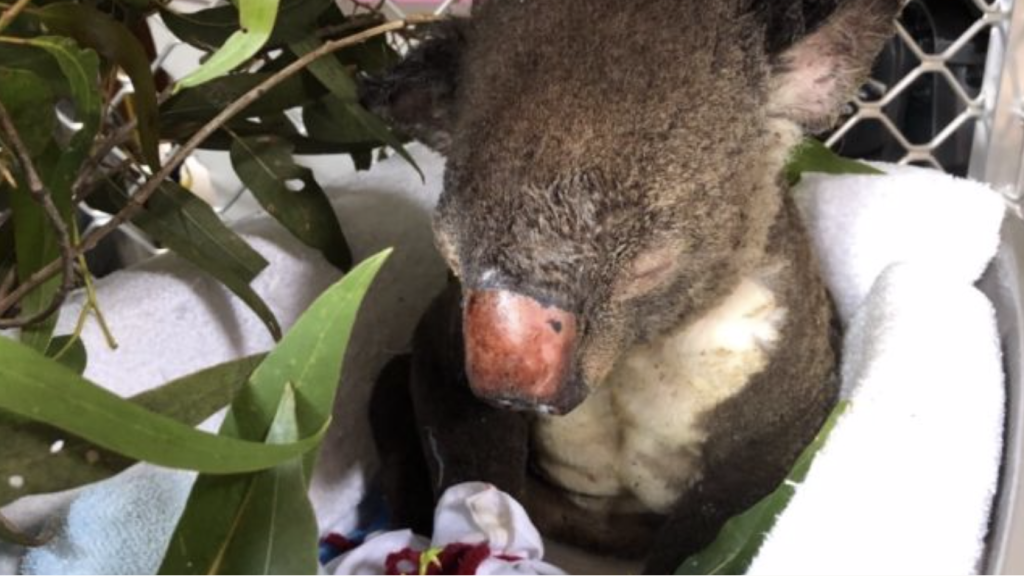 Our Australia-based veterinary team, led by World Vets Disaster Response Veterinarian Dr Ben Brown, is on the ground and currently responding to assist injured wildlife, livestock and domestic animals, working in collaboration with the local veterinary community. Our specialized team is comprised of Australian veterinarians and technicians with experience in disaster relief and mixed animal veterinary medicine including native wildlife. We are collaborating with Sydney Animal Hospitals Northern Beaches and other veterinary clinics in New South Wales.
Our Australia-based veterinary team, led by World Vets Disaster Response Veterinarian Dr Ben Brown, is on the ground and currently responding to assist injured wildlife, livestock and domestic animals, working in collaboration with the local veterinary community. Our specialized team is comprised of Australian veterinarians and technicians with experience in disaster relief and mixed animal veterinary medicine including native wildlife. We are collaborating with Sydney Animal Hospitals Northern Beaches and other veterinary clinics in New South Wales.

